The more I learn, the more I sense that you can't avoid doling out a little childhood trauma. The best you can do is screw your children up as little as possible. That's bleak as hell, but let's chip away at it, shall we?
Therapists have long been turned to for parenting advice. They write most self-help and/or parenting guides than anybody, and they spend every day studying people's issues, most of which come from childhood.
Nice thing is, we can now pick those brains in a bit more casual forum.
u/TLYeeet asked, "Therapists of Reddit, what is the number one thing parents did to screw up their kid so they had to seek help in adulthood?"
Really Lean In On the High 5's
Behavioral therapist here
Catch your kids being good!
Parents are always telling kids what they did wrong. You have to balance it out by telling them what they are doing right.
 Giphy
GiphyJUST BE THERE
Psychologist here, parents are frequently their child's first bully. #1 thing is probably being too distracted by addictions, grief, mental health issues to be emotionally present for their child. Too many adults walking around unaware of their worth because they were never shown or told that they matter.
Own It plz
Actual therapist: Failing to admit it when you're wrong.
Kids need to see adults fail and that be OK. Take your lumps with grace and they'll learn to do the same as they get older. Fight and deny and they'll do two things:
- Never learn that it's OK to make mistakes, therefore stressing out if they do or worrying that they might
- Never learn to admit those mistakes, and end up being huge fu**in' nuisances
 Giphy
GiphyCrash and Burn, With Grace
Teaching them that failure is unacceptable/a sign of laziness or that they just didn't want it enough. It results in people who can't take no for an answer or stay it terrible situations because that's what they've chosen so they have to make it work.
Viacarious Livin'
Therapist here (LMFT). Probably the biggest and most common f--- up I see is parents shaming their child for having their own identity and personal interests separate from the parent(s).
Just support your kid and don't try to force them to be someone they're not. Don't call them weird or tell them their likes are stupid. Show interest in the things they like and let them teach you about those things.
Also, don't take it personally if your child is not an exact replica of you. Kids are human, and like all humans, despite all our similarities, there vast differences as well. You can learn to celebrate and value those differences, or EVERYONE can be miserable.
Attn: Kids are Not Emotion Trash Cans
Made the child take care of the parents emotions. Its supposed to be the other way around. You control your sadness, anger, disappointment, don't make your kid anticipate your emotional response and work to regulate you.
Quit it With the Whiplash
Social Worker for 25 years. Inconsistencies: poor kiddo never knows how to react because they never get a consistent response.
Show and Tell
Therapist here, the most common thing I hear from clients is they never had proper modelling of emotions, and they now have the inability to identify or articulate their own emotions effectively. The most common intervention I use with clients is to show them the Wheel of Emotion and encourage them to check in with it a few times a day--I like to do it when I refill my water bottle.
 Giphy
GiphyListen to Children
Emotionally invalidating your children
Example:
Child comes running up to mummy screaming with a minor cut.
Child: it hurts!
Parent: no it doesn't, you're ok! Its just small, keep playing.
Yes the cut is small and the kid is ok but that wasn't the point. The child was trying to tell you something important TO THEM and you told them it wasn't real.
This enforces the idea that you wont listen and eventually that child becomes the angry sullen teen who screams the same.
How to Not Cultivate a Monster
Therapist here- The most common issue I come across us enabling children. Some parents have the ability to actually make excuses or reasons for every challenging behavior and place blame on other people. They are more interested in being seen as friends with their kids than actually parenting and seeing that their children are learning/making mistakes. It creates a type of child that is a lazy perfectionist, unwilling to be accountable or try anything outside of their comfort zone. I fear adulthood for these kids
 Giphy
GiphyDon't Be So Awkward, Dad
Parents failing to keep their promises and consistently repeating the promises and never fulfill them
Lack of communication - I cannot even emphasize enough how many teens I see or clients in general lack communication skills.
All They Need Is Love
Actual therapist here- not offering their children unconditional love.
When a child does something wrong, it's important to explain to them what they've done wrong. It's a matter of saying 'I love you so I want to explain why this is an issue for me'. Parents need to be open to a conversation with their children about why something is an issue, instead of storming off or shouting at them.
Children need to feel loved no matter what. That's honestly the most valuable thing I've learnt as a therapist.
 Giphy
Giphy'Rub Some Dirt On It' is Not Chill Anymore
Ignoring a child's emotional life by scolding them for having one or telling them to "suck it up." It's remarkable the amount of clients I see that need to learn that having feelings is OK and not a cause for alarm or punishment.
For Shame
It'll get buried, but I'm a psychologist and my answer is: shame. Making them feel ashamed as a disciplinary technique is one of those things that can blow up a minor issue into something that really sticks with you. Worse still when it's concerning sexual and biological processes. Worse even still when it's concerning things the child can't help.
How and Why Would They Make It Up
Not believe or support a child who has experienced sexual assault/ rape or blamed the child for their experience.
Or any other personal trauma, really.
Be The Adults!
Divorced parents who bad mouth the other parent in front of the child are essentially telling the child that 50% of the child is hated.






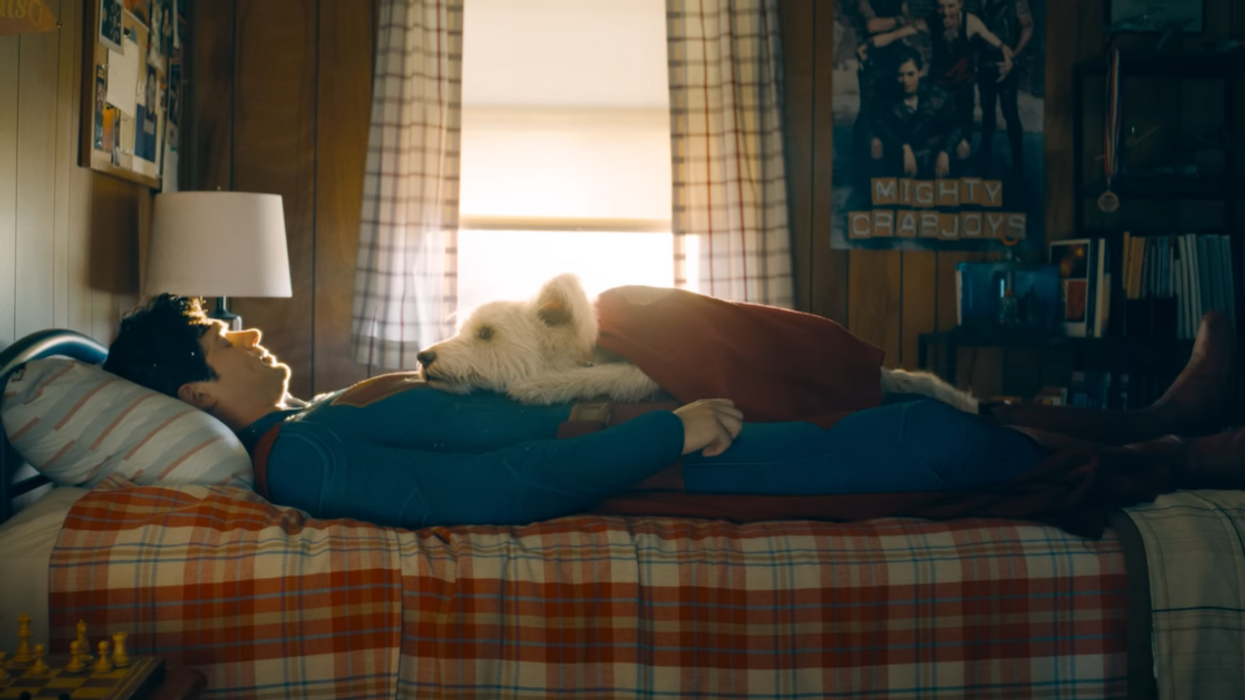

 @entertainmenttonight/TikTok
@entertainmenttonight/TikTok @entertainmenttonight/TikTok
@entertainmenttonight/TikTok @entertainmenttonight/TikTok
@entertainmenttonight/TikTok @entertainmenttonight/TikTok
@entertainmenttonight/TikTok @entertainmenttonight/TikTok
@entertainmenttonight/TikTok @entertainmenttonight/TikTok
@entertainmenttonight/TikTok @entertainmenttonight/TikTok
@entertainmenttonight/TikTok @entertainmenttonight/TikTok
@entertainmenttonight/TikTok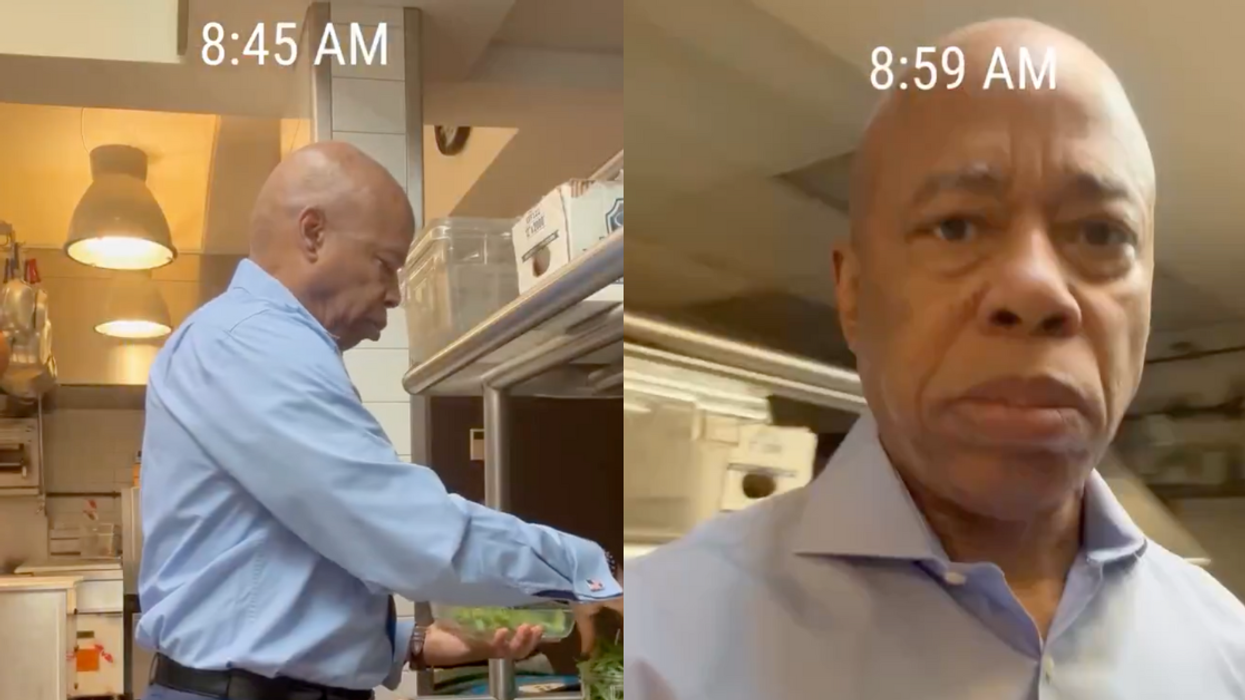
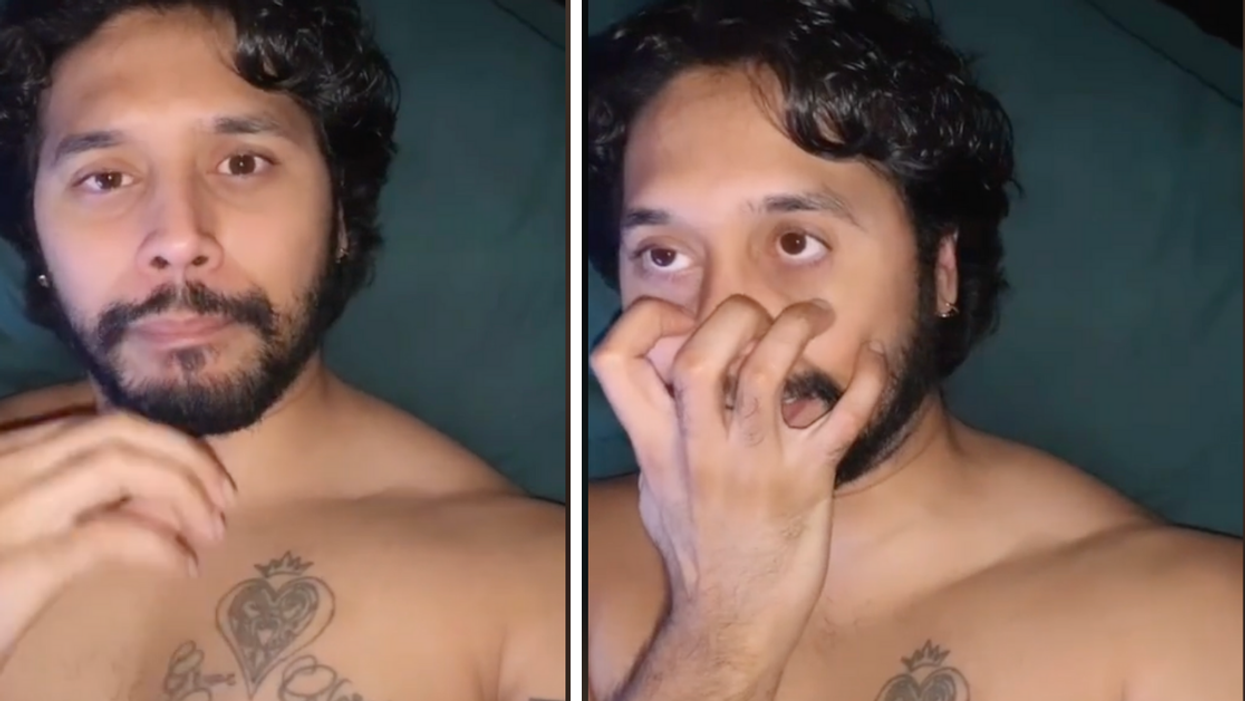
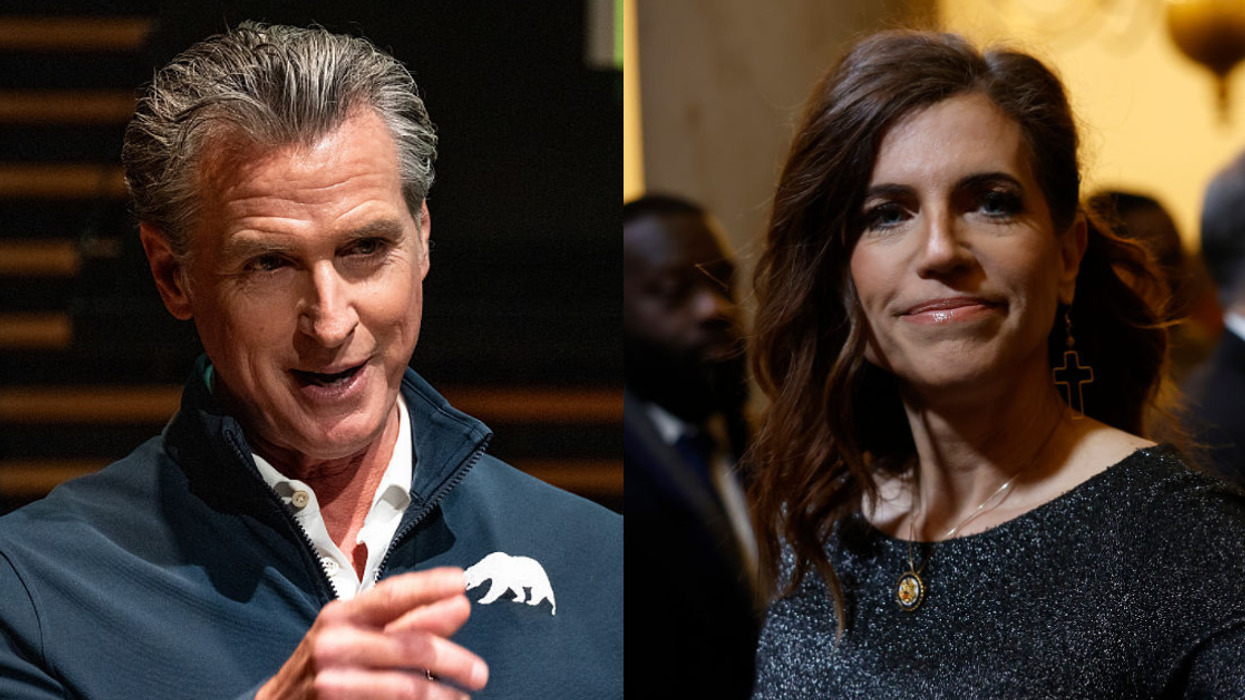
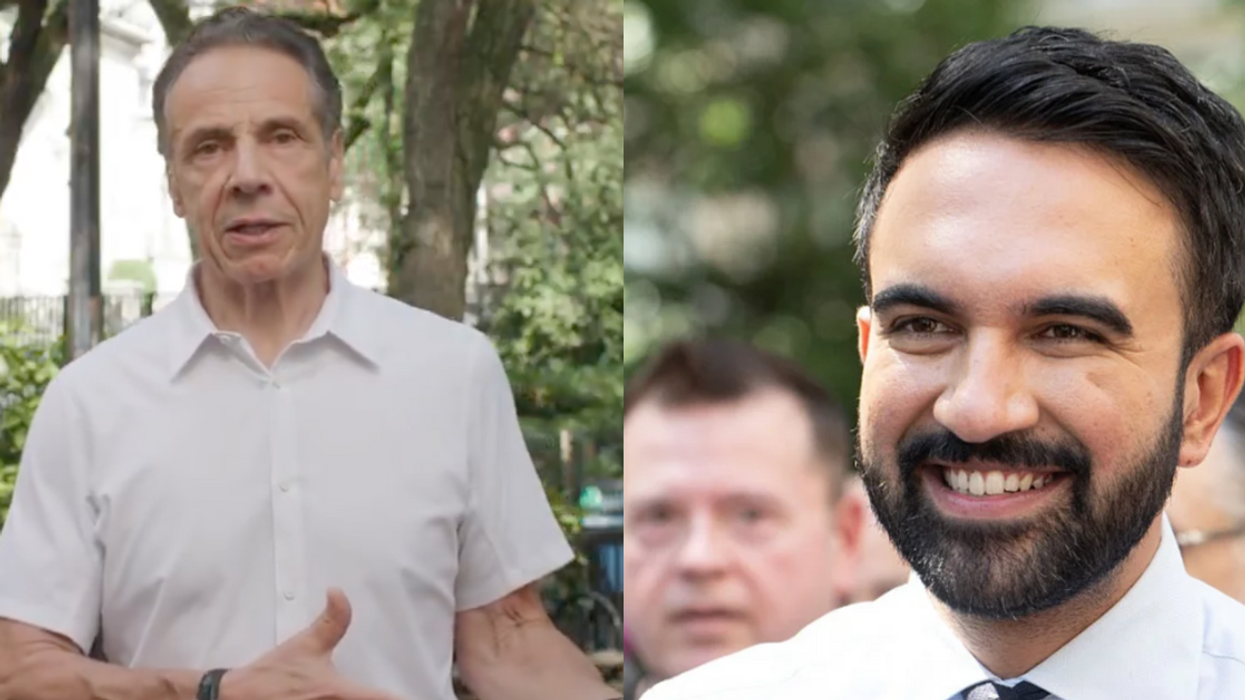
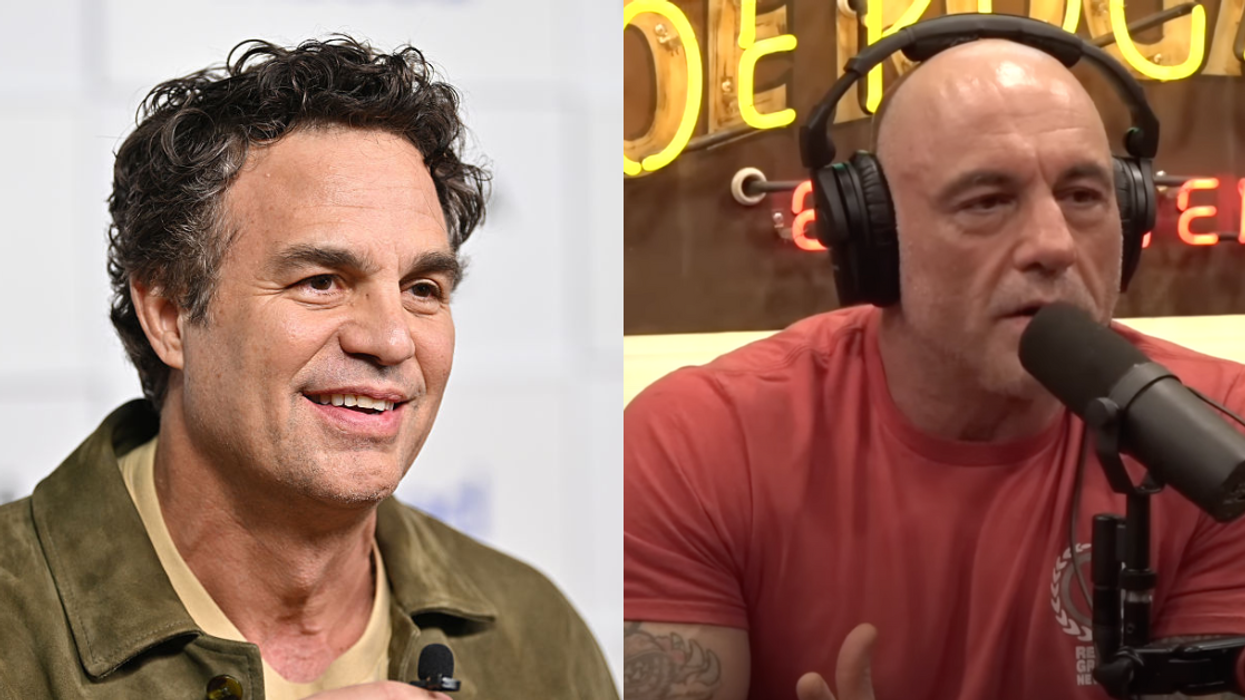



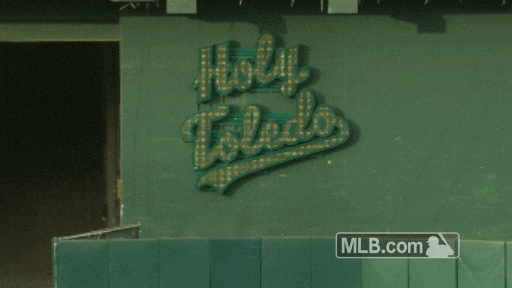 holy toledo GIF by MLB
holy toledo GIF by MLB 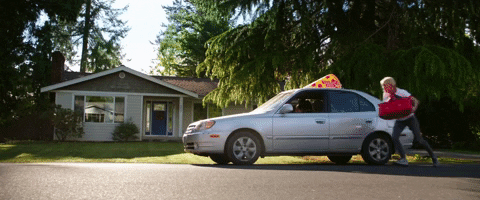 anna faris pizza GIF by Overboard Movie
anna faris pizza GIF by Overboard Movie  Stars Couple GIF
Stars Couple GIF 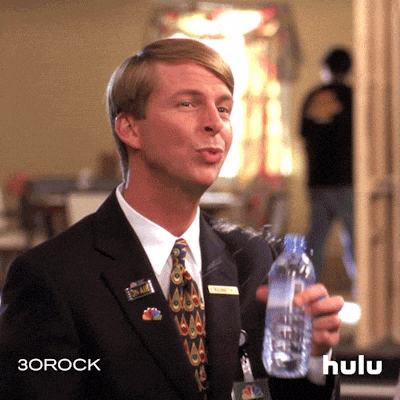 Scared 30 Rock GIF by HULU
Scared 30 Rock GIF by HULU  Newcastle United Gordon GIF by Newcastle United
Newcastle United Gordon GIF by Newcastle United 
 @realDonaldTrump/Truth Social
@realDonaldTrump/Truth Social